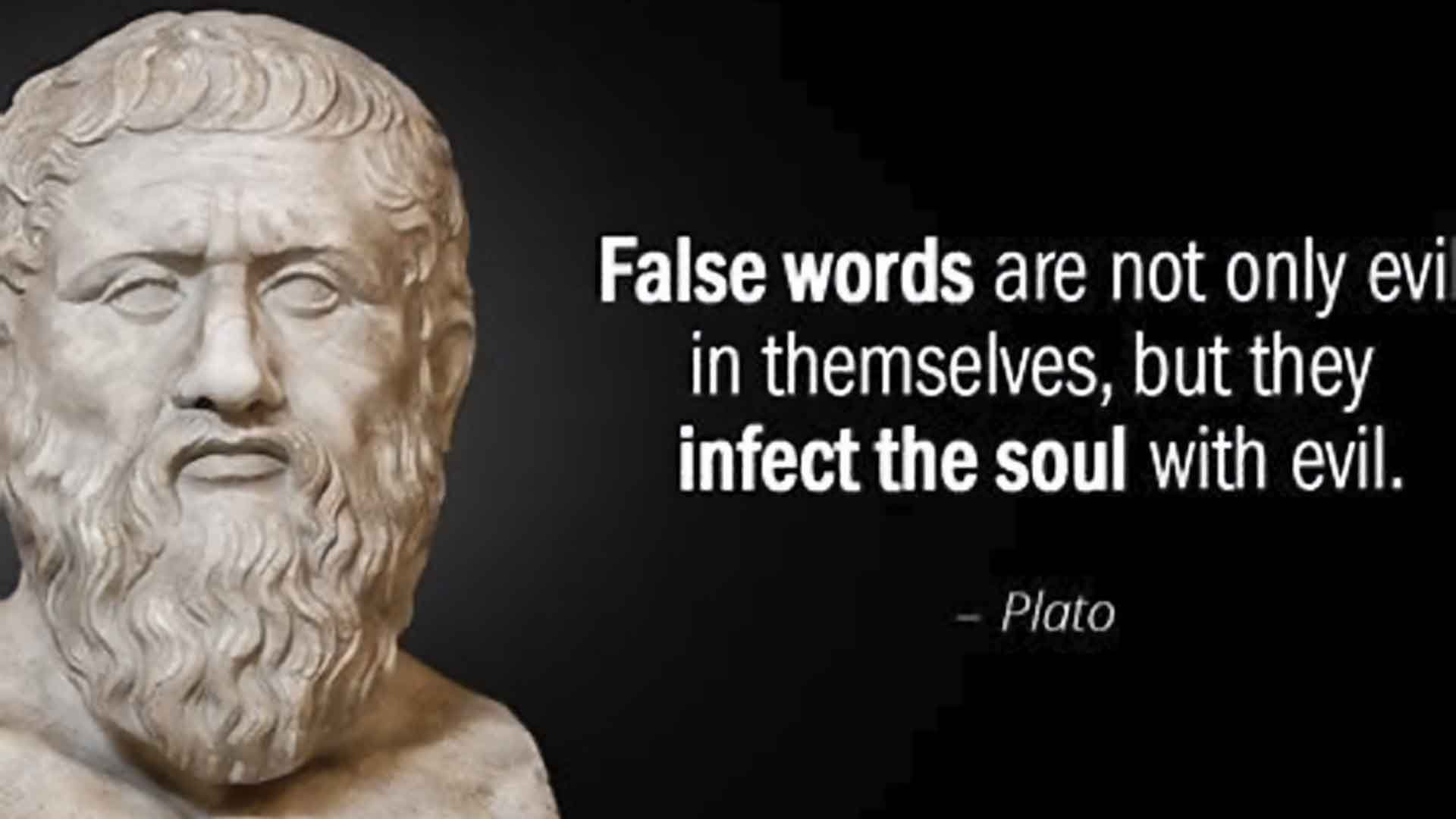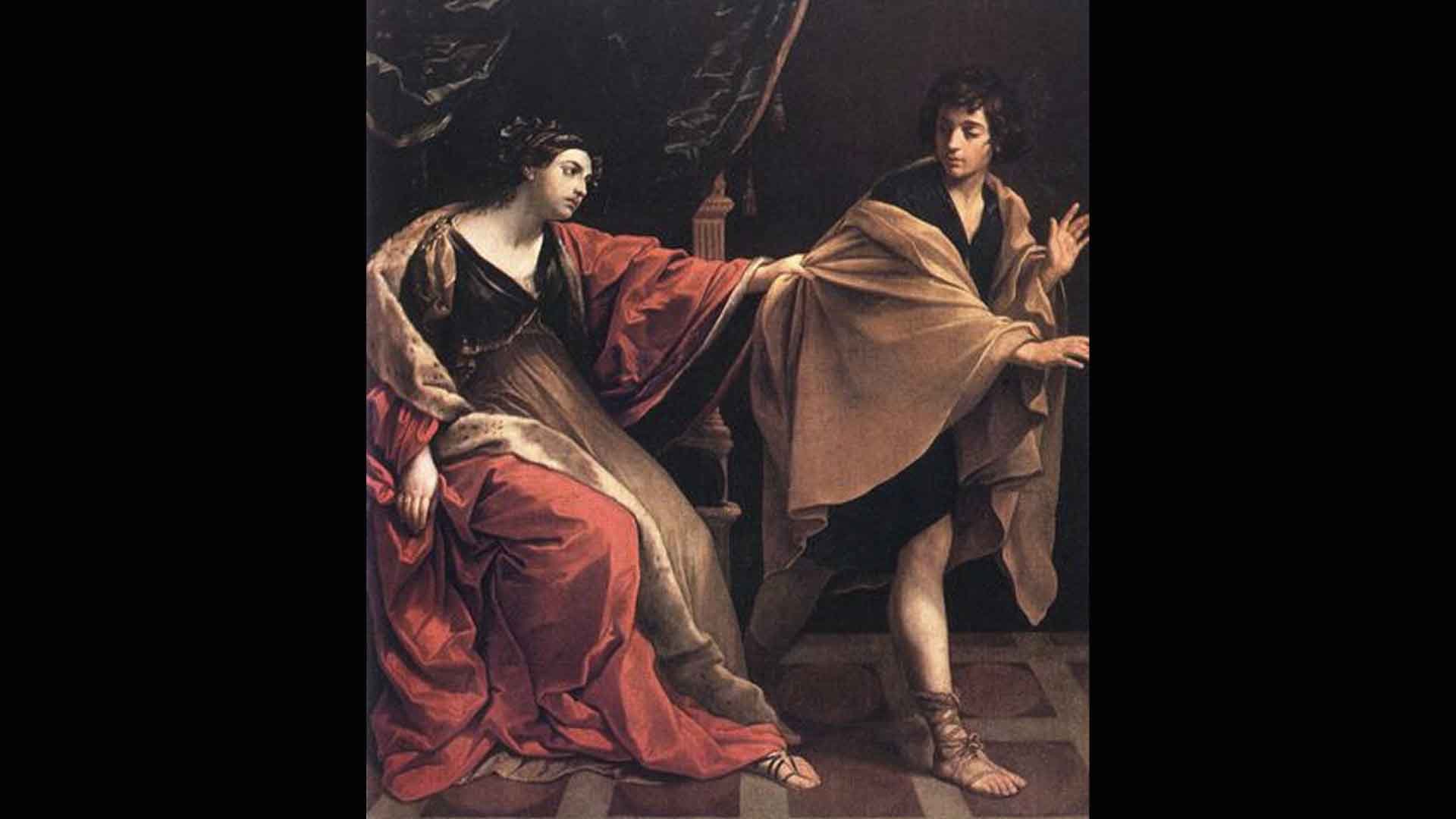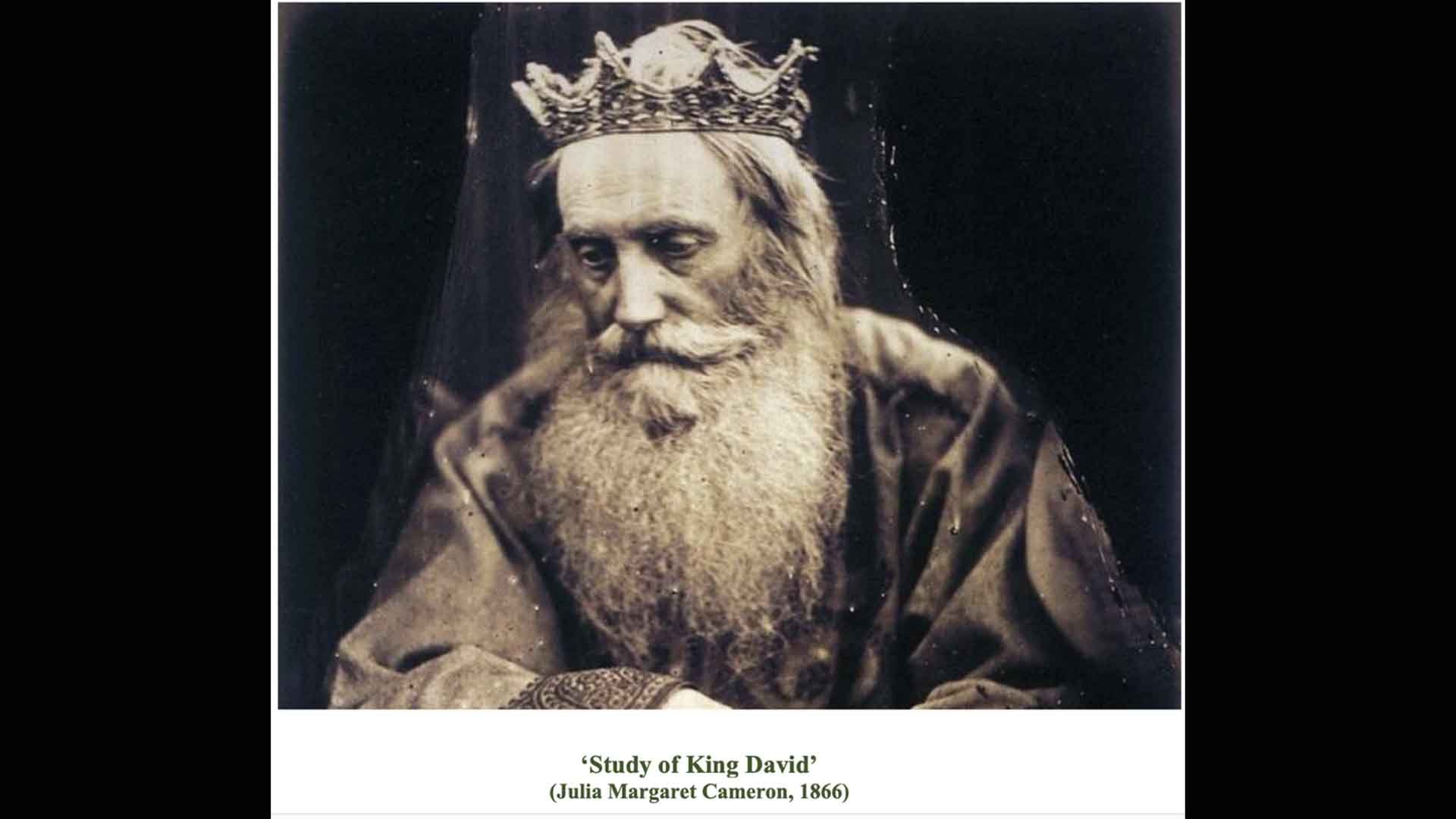For the source text click/tap here: Sotah 49
To download, click/tap here: PDF
Steinsaltz writes:
The closing Mishna in Massekhet Sota teaches that historical events impacted on the day-to-day behavior of the Jewish community. Various tragedies led the sages to limit the festivities at weddings and even to change the educational curriculum, forbidding the study of hokhmah yevanit – Greek wisdom.
The Gemara quotes a baraita that attributes the prohibition against studying Greek wisdom to different events and anecdotes.
Hokhmah yevanit – Greek wisdom – does not appear to be secular knowledge generally, but rather refers to knowledge of Greek culture, music, literature, etc. Few people spoke classical Greek, as we explore the level Hellenism in Palestine in our final ditty for masechet Sotah.




















